China's Ministry of State Security (MSS) said on Tuesday that counter-espionage work requires the mobilization of all parts of society, which also combines the "open work" and "secret work" as well as the specialized work with the mass public work, the authority said in its first article published on its official WeChat account.
All state organs and armed forces, all political parties and all people's groups, enterprises, and other social organizations have an obligation to prevent and stop espionage activities and maintain national security, according to the revised Counter-Espionage Law. Based on the current severe and complex counter-espionage situation, a series of provisions have been made to build a strong people's defense line for national security against espionage, the MSS said.
The official WeChat account of the MSS debuted on Monday with registration information showing its certification as "MSS". "National security is the foundation of national rejuvenation. It adheres to the overall national security concept and resolutely safeguards national sovereignty, security, and development interests," the account said on its introduction page.
To implement the Counter-Espionage Law and solidify the national security line of defense against espionage, a combination of measures need to be taken, the MSS said. State organs, organizations, enterprises, institutions, and other social organizations, especially key units for security prevention, need to implement various counter-espionage security measures. They should enhance education related to maintaining national security and mobilize their personnel to prevent and disrupt espionage activities, the ministry said.
Governments at all levels and relevant departments should organize counter-espionage security prevention publicity and education, integrate counter-espionage security knowledge into education, training, and legal publicity, and enhance the public's awareness of counter-espionage security and national security literacy.
News, broadcasting, television, cultural, and internet information service units should carry out targeted counter-espionage publicity and education facing the whole of society, the MSS noted.
And national security agencies should guide relevant units to carry out counter-espionage publicity and education to enhance prevention capabilities.
National security agencies should publicize phone numbers, mailboxes, and online platforms which can receive public tip-offs, promptly process reported information in accordance with the law, and ensure confidentiality for people who report sensitive information.
The authorities need to improve the protection mechanism to encourage citizens to participate in counter-espionage work, and those who report espionage activities or make significant contributions in counter-espionage work should be commended, rewarded, and protected in accordance with the law.
National security agencies should also strengthen law interpretation, educate the public through typical cases, enhance the whole society's awareness of counter-espionage, and form a strong joint force to maintain national security.
The authority has also urged Chinese companies and individuals to raise awareness of national security.
The state security bureau in Suzhou, East China's Jiangsu Province, and other authorities carried out a joint enforcement action in May against Capvision's Suzhou branch, urging it to fulfill its counter-espionage responsibilities and obligations. The relevant departments made inquiries with the company personnel in accordance with the law and regulations.
The law enforcement operation was jointly carried out in Shanghai, Beijing, Suzhou, and Shenzhen among other cities. Some experts said under the current complex international situation that China is facing, espionage-related cases are becoming increasingly covert and diversified.
China is now facing a very severe and complex situation in preventing espionage activities, as some countries use both traditional and non-traditional means in some emerging areas such as science and technology, the environment and biology, as the fields involving state secrets become broader, Li Wei, an expert on national security at the China Institute of Contemporary International Relations, said on Tuesday.
"With the range and methods of espionage activities becoming increasingly widespread and complex, the tactics are becoming increasingly sophisticated. We believe that relying solely on the state's specialized counter-espionage agencies is insufficient for comprehensive, effective, and in-depth counter-espionage work," Li said.
Hence, it's necessary for every citizen to participate in protecting national security and contributing to counter-espionage activities, he noted.
Recently, CIA director William Burns said that the agency has "made progress" in rebuilding its spy networks in China. The Chinese Foreign Ministry said China will take all necessary measure to firmly safeguard national security.
The MSS' WeChat account effectively provides a great channel for the public to maintain an understanding of the national security landscape and engage in counter-espionage work, including reporting any suspicious activities. "Sometimes, we may notice some suspicious activities around us, but we don't know who to report to or how to report to professional agencies. In my opinion, through this platform, our citizens can better understand this process," Li said, noting that the social media account could play a promoting role in maintaining a robust counter-espionage environment.








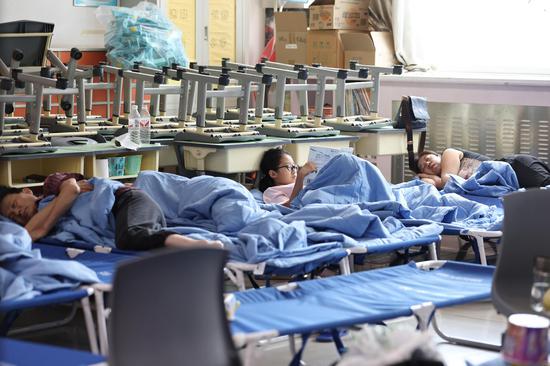
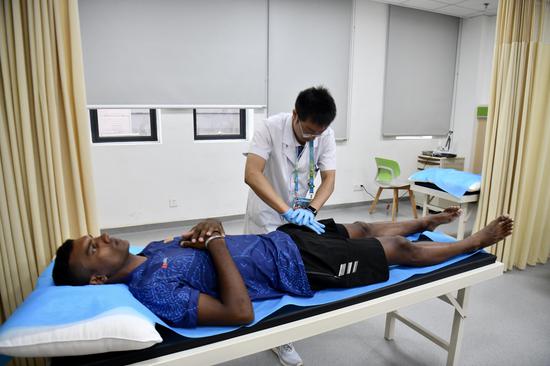
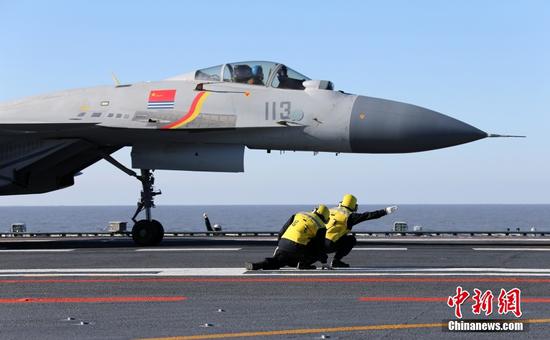
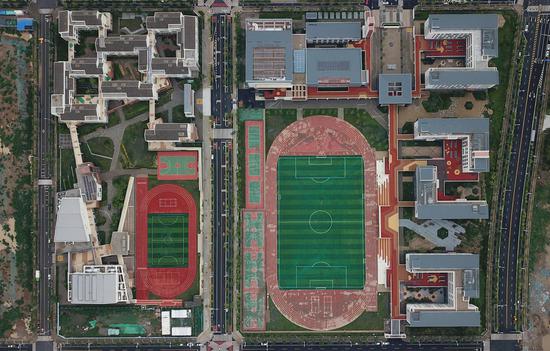
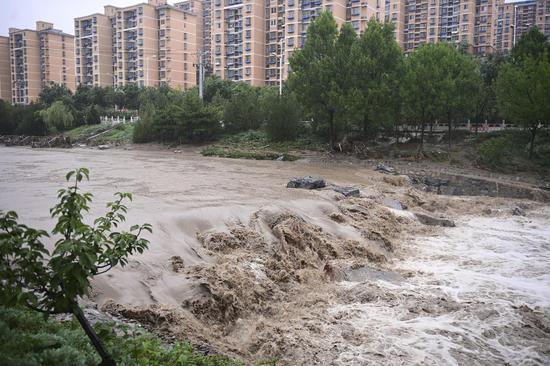



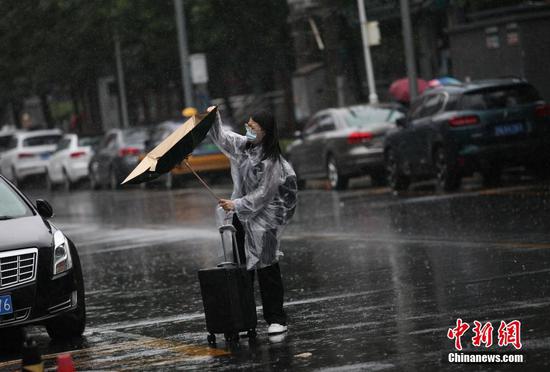






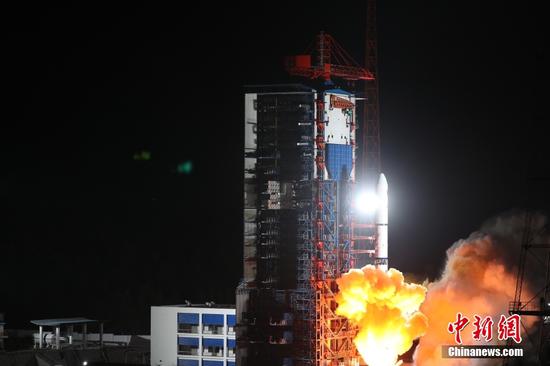
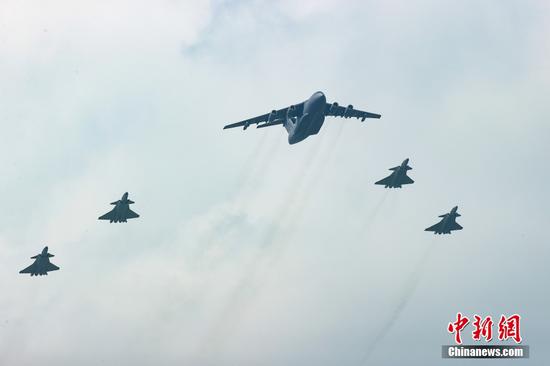
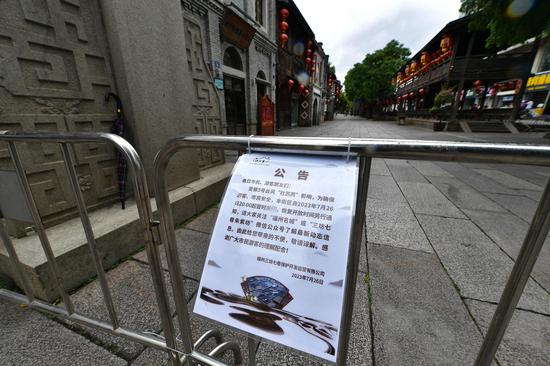


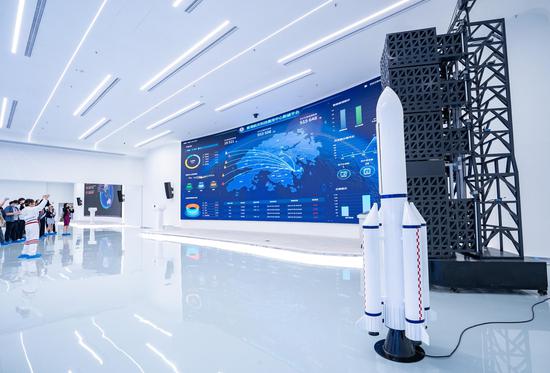
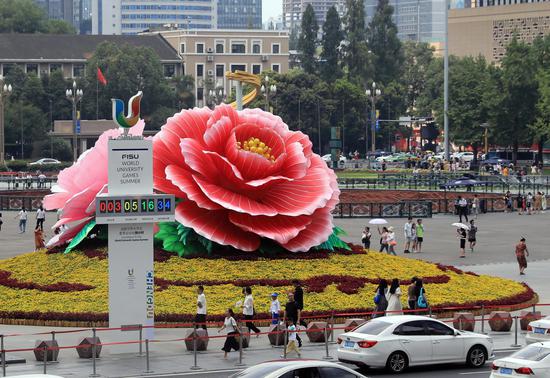


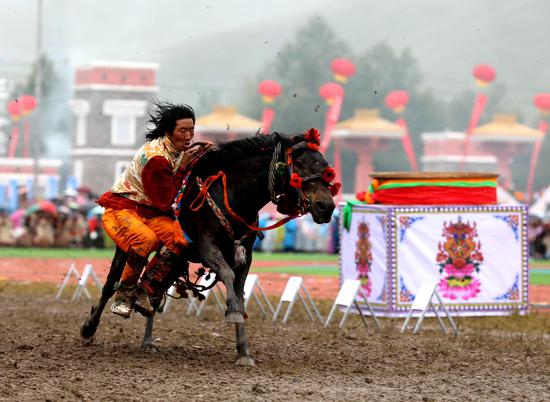





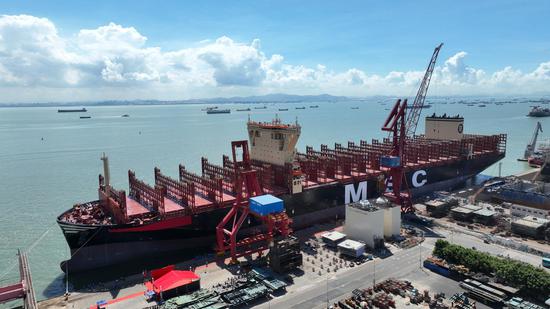


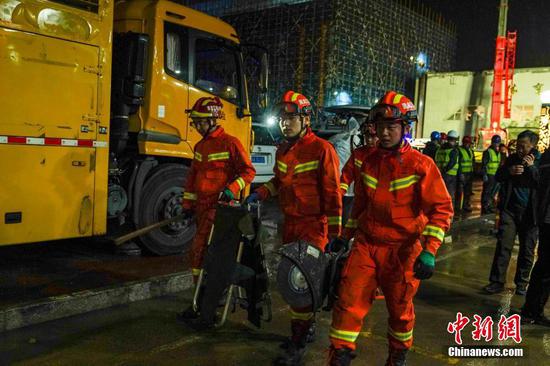

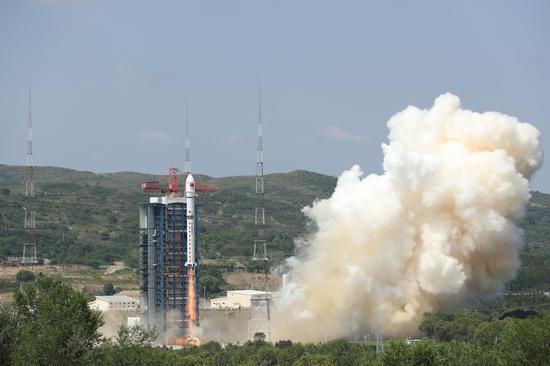






 京公网安备 11010202009201号
京公网安备 11010202009201号